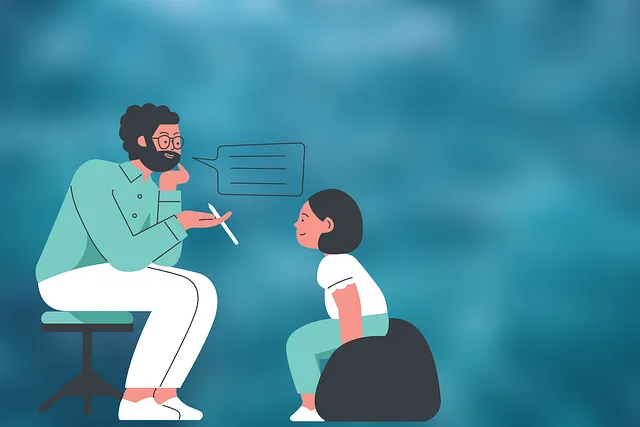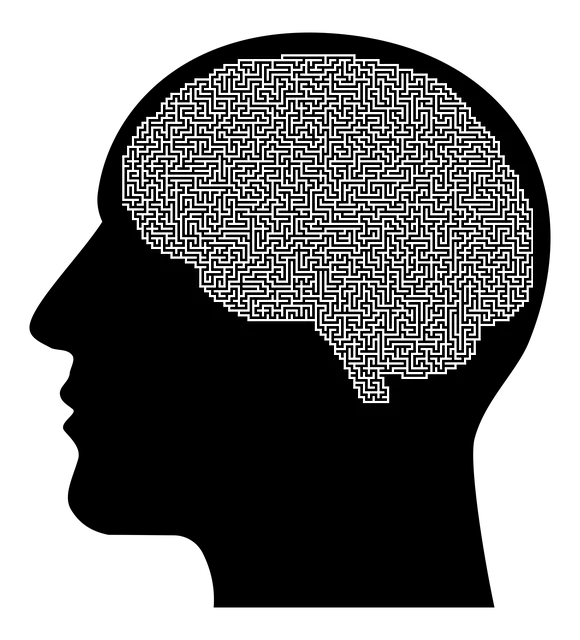The Littleton Kaiser mental health programs combat the profound impact of mental illness stigma through holistic care, education, and awareness initiatives. Their approach includes counseling, support groups, workshops, and a podcast series to destigmatize mental health issues, improve access to care, and build resilience. By focusing on understanding and compassion, these programs foster open conversations and empower individuals to seek help without shame. Evaluating their effectiveness through surveys and data collection will inform policy changes, leading to a more supportive society for those facing mental health challenges.
Mental illness stigma remains a significant barrier to treatment and recovery. This article explores strategies to reduce this harmful perception, focusing on the impactful work done by Littleton Kaiser Mental Health Programs. We delve into the profound effects of stigma on mental health, highlighting its role in isolation and treatment avoidance. By examining successful programs like Littleton Kaiser’s, we uncover effective approaches to challenge societal norms and foster understanding, ultimately paving the way for improved access to care.
- Understanding Stigma and its Impact on Mental Health
- Littleton Kaiser Mental Health Programs: An Overview
- Strategies for Effective Stigma Reduction
- Measuring Success: Evaluating Stigma Reduction Efforts
Understanding Stigma and its Impact on Mental Health

Stigma surrounding mental illness can have profound effects on individuals’ well-being and recovery journeys. It often manifests as societal discrimination, prejudice, and negative perceptions, leading to feelings of shame and isolation for those affected. This pervasive stigma can deter people from seeking necessary support, treatment, or even acknowledging their struggles, exacerbating existing mental health issues. The consequences are far-reaching, impacting not only the individual’s mental health but also their social interactions, relationships, and overall quality of life.
Littleton Kaiser mental health programs emphasize understanding and reducing this stigma as a crucial component of holistic care. By educating communities and promoting mental health awareness, these initiatives aim to foster an environment of compassion and support. Incorporating strategies like burnout prevention and mental health education programs design can empower individuals to recognize and challenge stigmatizing attitudes. Additionally, compassion cultivation practices play a significant role in fostering empathy, breaking down barriers, and encouraging open conversations about mental health, ultimately leading to better access to care and improved outcomes for those facing mental illness.
Littleton Kaiser Mental Health Programs: An Overview

The Littleton Kaiser Mental Health Programs stand as a beacon of hope and support for individuals navigating mental health challenges. These programs offer a comprehensive array of services designed to foster inner strength development and empathy building strategies, catering to diverse needs across all age groups. Through innovative approaches such as counseling sessions, support groups, and educational workshops, they aim to destigmatize mental illness and promote overall mental wellness.
One notable initiative is the Mental Wellness Podcast Series Production, which leverages modern media to reach a broader audience with evidence-based information and inspiring stories. This dynamic platform not only educates but also connects people from all walks of life, fostering understanding and solidarity in the ongoing fight against mental health stigma. By integrating various therapeutic modalities, Littleton Kaiser Mental Health Programs strive to empower individuals to take charge of their mental health and cultivate lasting resilience.
Strategies for Effective Stigma Reduction

Stigma reduction is a multifaceted approach that involves education, advocacy, and support systems. One effective strategy is to implement Littleton Kaiser mental health programs that focus on raising awareness and promoting understanding. These initiatives can include public discussions, workshops, and collaborative efforts with local communities to dispel myths and misconceptions surrounding mental illness. By fostering open conversations, individuals with mental health challenges can find the courage to seek help without fear of judgment.
Additionally, Resilience Building and Stress Reduction Methods play a significant role in stigma reduction. Teaching individuals coping mechanisms and resilience strategies empowers them to manage their well-being effectively. Social Skills Training is another valuable tool that helps foster connections and understanding between peers, reducing isolation and promoting supportive environments. These efforts collectively contribute to a more inclusive society where mental health is treated with the same compassion as physical health.
Measuring Success: Evaluating Stigma Reduction Efforts

Measuring success in stigma reduction efforts is a critical step towards understanding the impact and effectiveness of initiatives aimed at improving mental health support. Organizations like Littleton Kaiser Mental Health Programs have been at the forefront of evaluating such programs, focusing on key indicators to gauge progress. This involves tracking changes in public attitudes, knowledge, and behaviors related to mental illness. Surveys, focus groups, and community engagement are powerful tools to gather qualitative and quantitative data, revealing shifts in societal perceptions.
For instance, assessing the success of a mood management program could involve comparing pre- and post-program surveys that measure stigma levels. Additionally, examining burnout prevention strategies for healthcare providers can provide insights into the indirect impact on stigma reduction efforts. Over time, as emotional healing processes become more integrated into support systems, these evaluations will help identify successful approaches, inform policy changes, and ultimately foster a more inclusive and supportive environment for those facing mental health challenges.
Mental illness stigma reduction is a multifaceted approach, and as evidenced by Littleton Kaiser mental health programs, comprehensive strategies can significantly improve public understanding. By implementing effective tactics, such as education, media representation, and policy changes, we can foster an environment where individuals feel supported rather than stigmatized. Measuring success through evaluation ensures that efforts remain focused on real-world impact, ultimately leading to better mental health outcomes for all.






